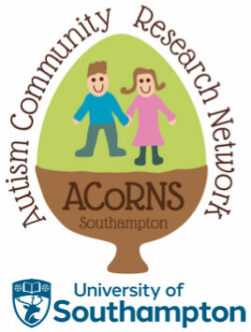
Stephanie Lewis.
Doctorate in Educational Psychology.
The importance of eliciting the voices of young people and their participation within decision making on matters that affect their lives, is robustly supported within government guidelines and legislation. However, previous research suggests that due to perceived communication barriers, children and young people on the autism spectrum are frequently excluded from decision making and consultations relating to their education planning, and omitted from research studies (Fayette & Bond, 2017; Hill et al., 2014 & Pellicano, Dinsmore & Charman, 2014). Autistic young people residing in residential schools who have complex needs are further underrepresented within research and decision-making (Pellicano, Hill & Croydon, 2014). It is therefore crucial that autistic young people are included in this process and research develops and evaluates novel and creative methods, to ensure the views and voices of young people with complex needs are heard and understood.
This thesis project aims to adapt and extend the ‘I am..’ digital story framework, that has been originally developed in a nursery setting, for older young people transitioning from residential special school, post 19. In addition, this project will aim to evaluate the views from key stakeholders and the young people of their experiences of the digital stories, both the co-production and it’s use within transition meetings.
The following research questions will be addressed in this study:
- How can young people on the autism spectrum attending a residential special school be supported to express themselves (views, perceptions, preferences) through coproduction of digital stories?
- What are the views and experiences from key stakeholders of the digital stories as a methodology to inform decisions made about young people’s transition?
- In what ways can the ‘I am…’ digital story framework be applied and revised for older young people on the autistic spectrum and limited verbal communication?
This will be achieved by co-creating digital stories with the young person, care staff and other professionals working within a residential setting. Semi-structured interviews will be conducted to understand the perspectives, experiences and views on the digital storytelling methodology and its use within transition meetings. This research will therefore extend and evaluate the use of digital stories as a methodology to facilitate knowledge co-creation of young people’s transition trajectories to adulthood.
